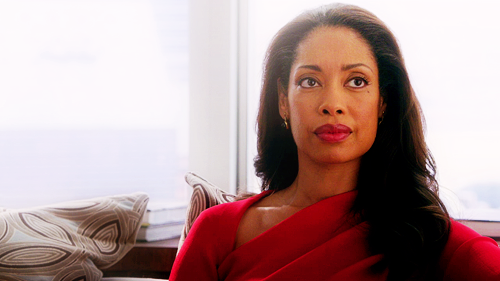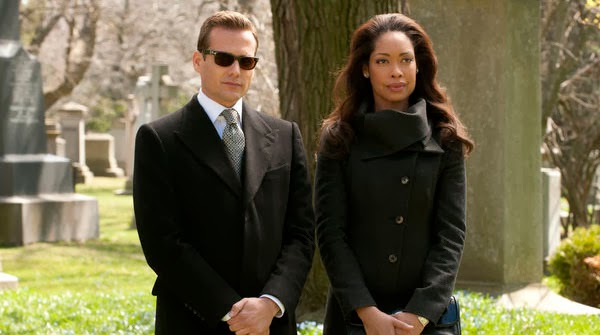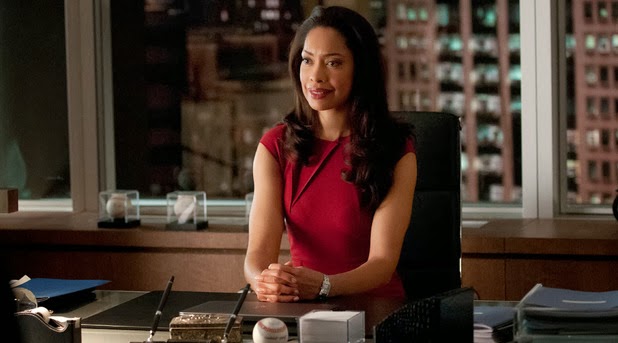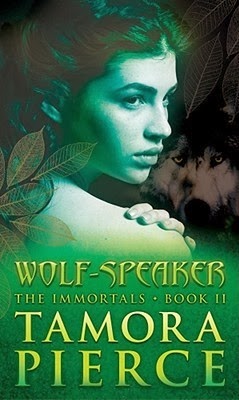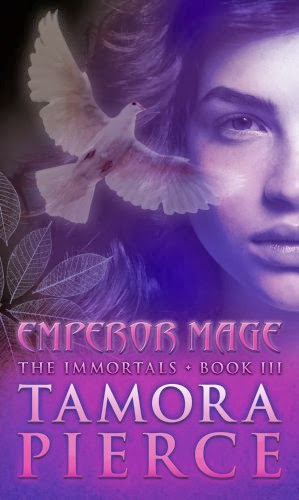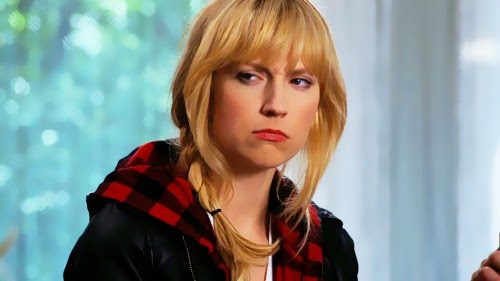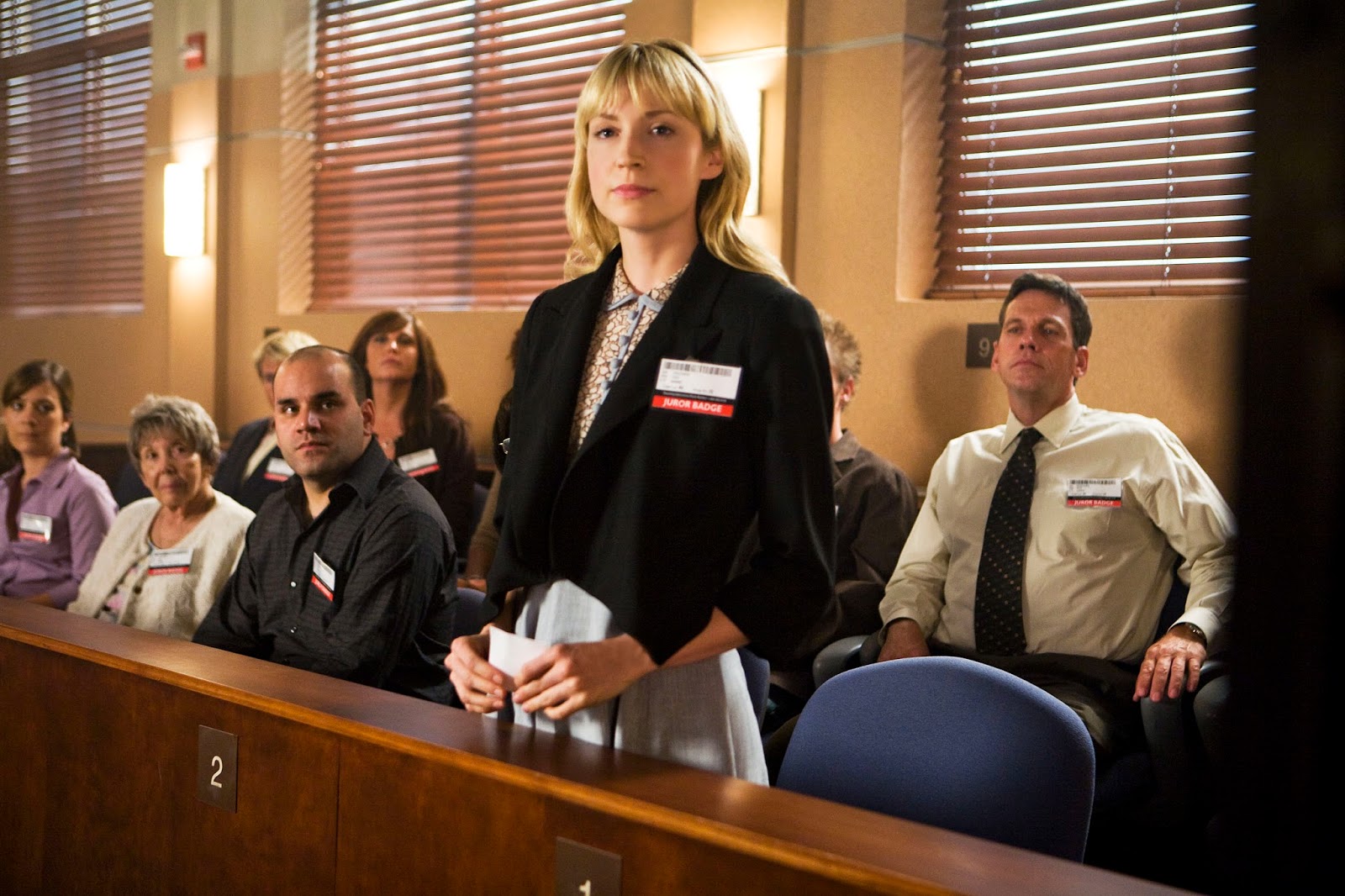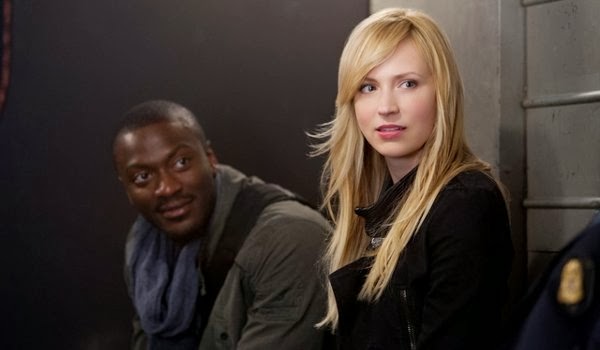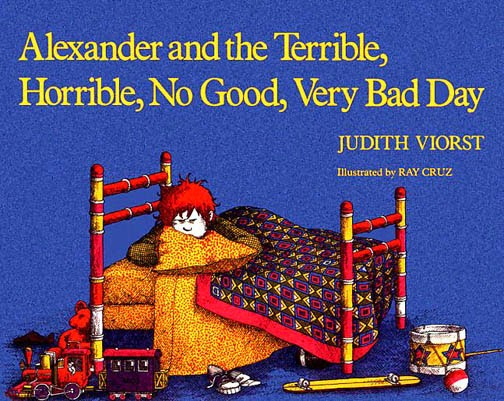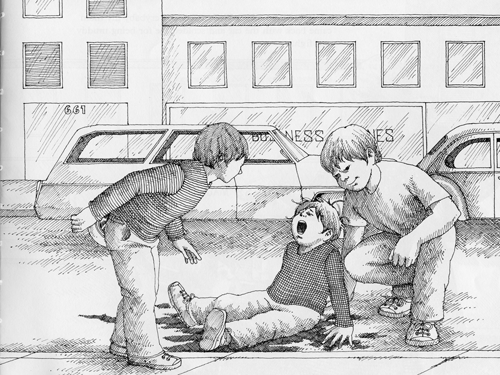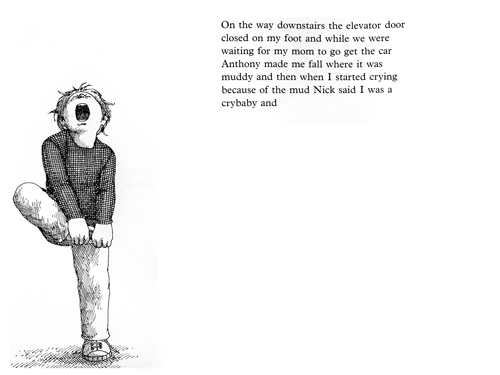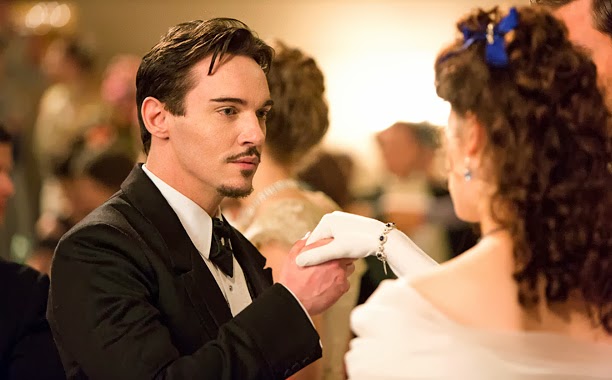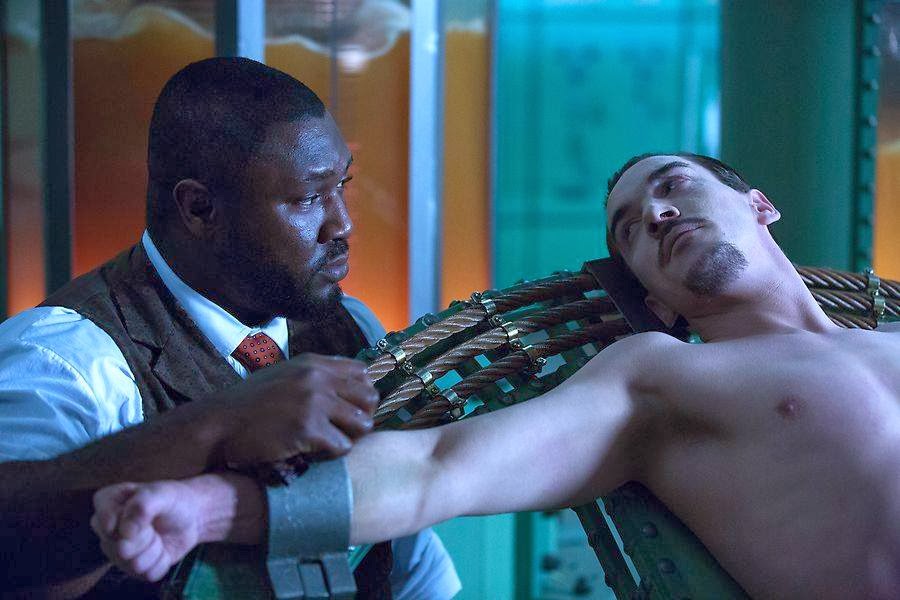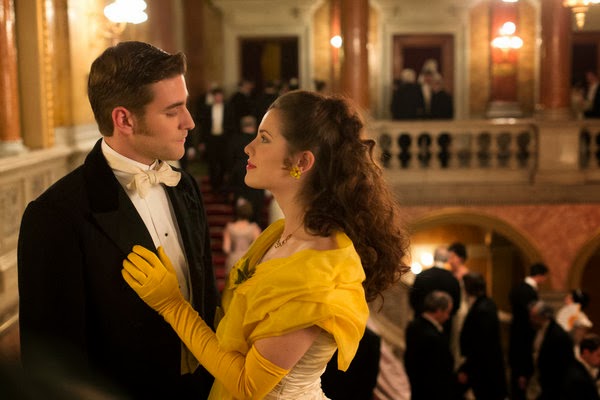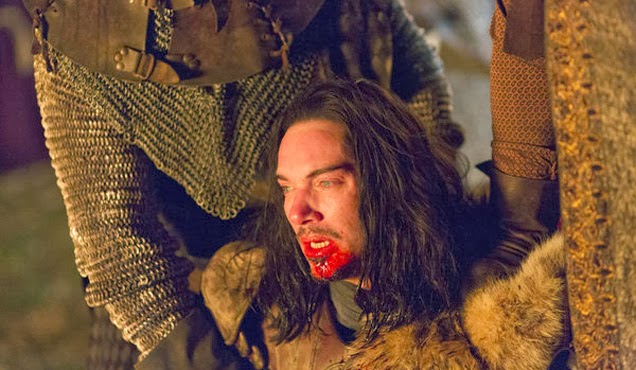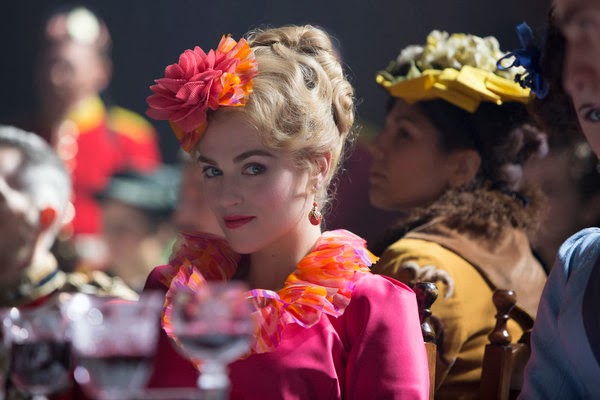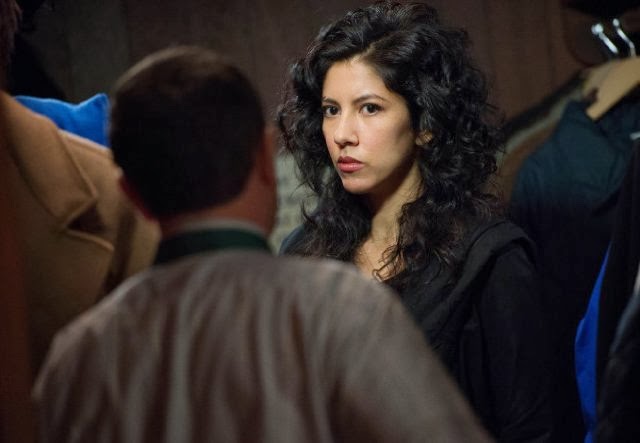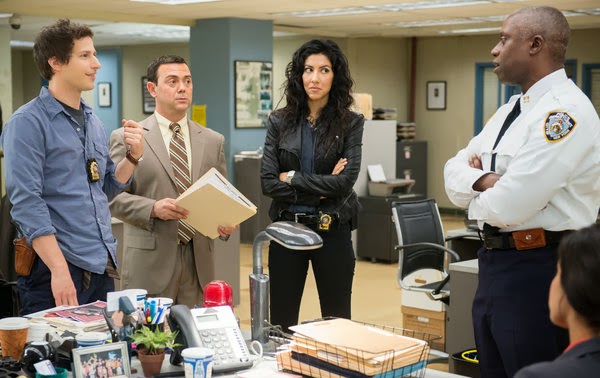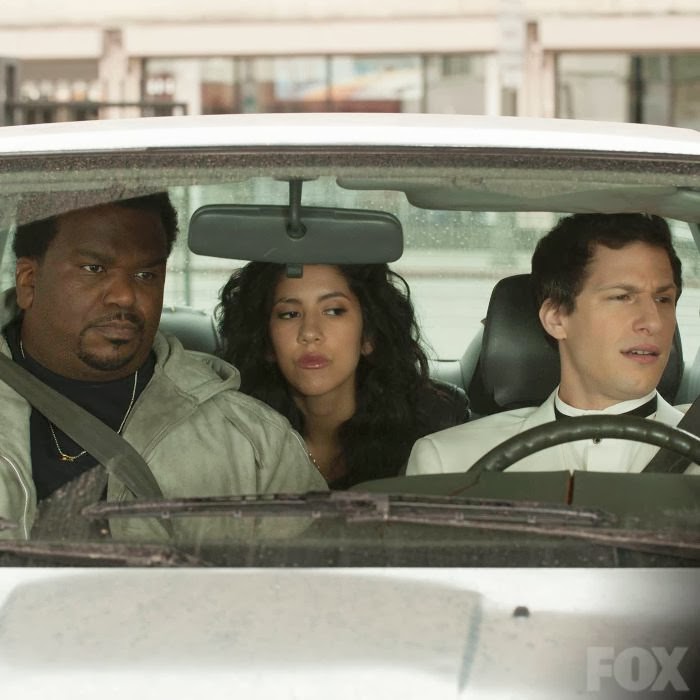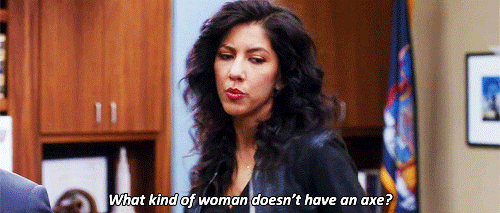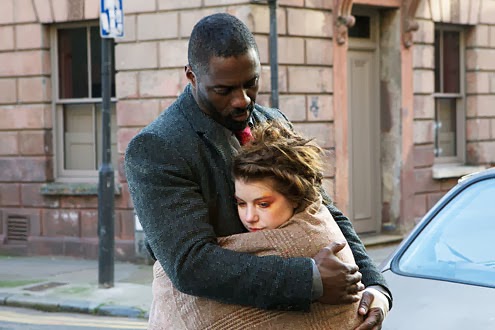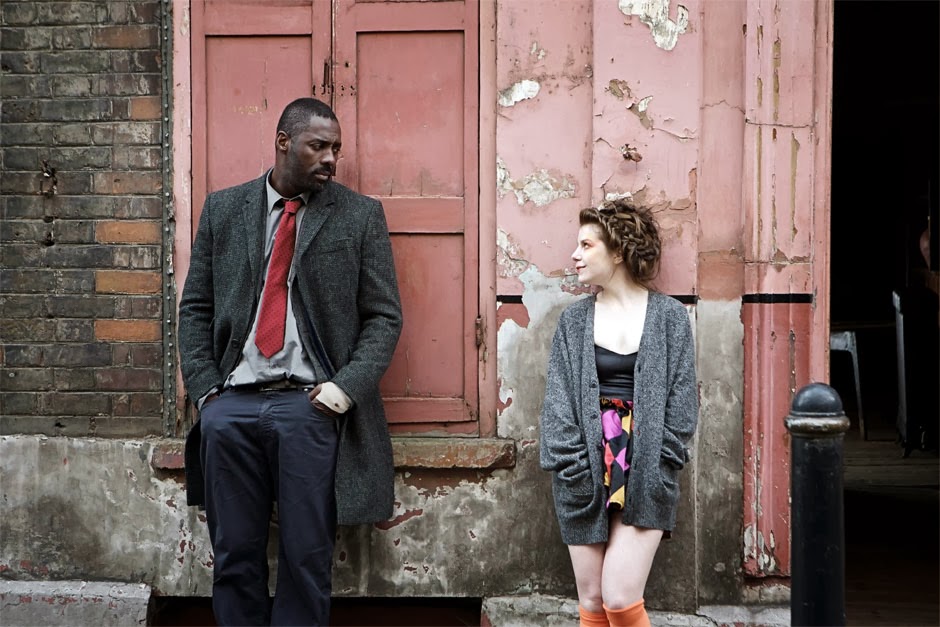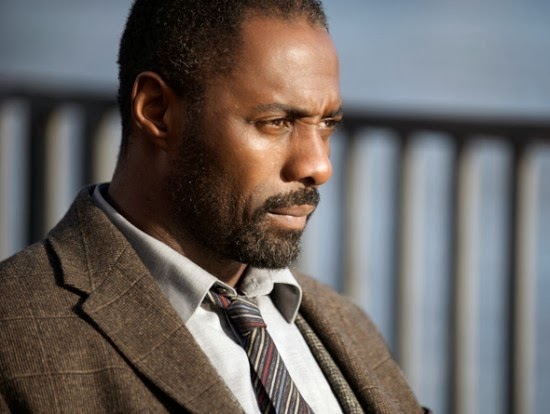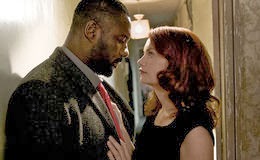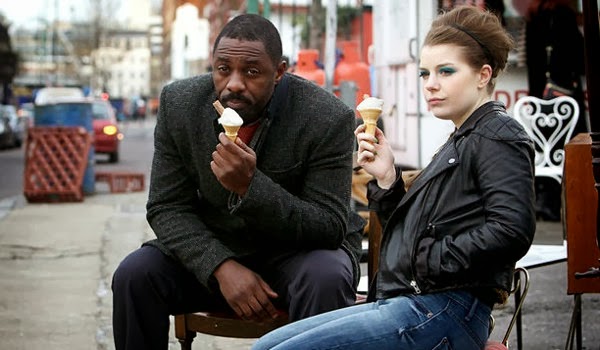Let's all just take a moment, right now, and appreciate the fact that Gina Torres exists. If you aren't familiar with her work, don't worry, you will be by the end of this article, but for the rest of you, don't lie. You know exactly what I mean. This queen has graced our lives in Xena, Firefly, Angel, Hannibal, and Suits, to name only a few shows, and she is freaking amazing. We should be (and are) so very, very grateful.
Anyway, today I want to talk about the character Ms. Torres plays in Suits, the USA dramedy about really, really, disgustingly attractive lawyers. You see, while this show does follow the usual USA pattern of having two male protagonists who play off of each other and are really adorably domestic and cute and all, this show also has something that very few other shows, movies, or even books have. And it's not just Ms. Torres.
No, this show has an honest to goodness female mentor to a male character. And not one where it gets all bogged down in sex or attraction (thank you, Agents of SHIELD). Nope. This is just a case of a woman who has an amazing career, is brilliant at what she does, and decides to bestow a little bit of her wisdom on a nice young boy, who happens to grow up and work for her. The tables are never turned, she's always his superior, she's always one step ahead of him (or indulging him and allowing him to play in the sandbox), and she's always his boss.
And it tastes so good.
So, for those of you who don't watch literally everything that has ever aired on television (that's an exaggeration, but really not by much), Suits is a cute little show with a weird premise: What if your lawyer wasn't really a lawyer? The two main characters are Mike Ross (Patrick J. Adams), a college dropout with big ambitions and a bigger brain, and Harvey Specter (Gabriel Macht), a high falutin' lawyer with the biggest ego. Together, they solve cases, fight evil lawyers, and bring something vaguely resembling justice (but more resembling my sense of disgust with corporate America) to the small screen!
Or, to be more technical about it, Harvey is a bigshot lawyer who works at Pearson-Hardman. The Pearson in that name is for Jessica Pearson (Gina Torres), an awesome lawyer who mentored Harvey all the way from the mailroom up through law school. Now he's just made senior partner at her firm, and Jessica has one last (haha, not really) demand of Harvey: hire an associate.
I have learned a surprising amount about the way lawyers work from watching this show, and while I have no idea how much of it is accurate (probably a fair amount, USA is good like that), at least in the universe of the show, this is how it works. If you're very smart, you get into Harvard Law. If you graduate Harvard Law and are very good, and also pass the bar, you maybe possibly could try to get hired by Pearson-Hardman. Not as a lawyer, but as an associate. Basically a paid intern. Then you spend several years getting spit on by the partners, before you maybe hopefully get put on partner track, and then a few years after that you might make junior partner, and then someday, maybe, just maybe, you'll make senior partner.
Harvey, as a senior partner, now needs to have an associate of his own. He doesn't want one, because he's kind of a misanthrope (respect), but Jessica is forcing his hand. So he does interviews (alongside his implausibly amazing secretary, Donna - played by Sarah Rafferty), and into those interviews accidentally strolls Mike. Mike is avoiding the cops, because he's carrying a briefcase full of weed. Mike has made some poor life choices.
But Mike is also a card carrying genius who passed the bar for the hell of it, and since Harvey likes spunk and brains, and apparently enjoys a project, he hires Mike. And they lie to Jessica about Mike's credentials. Thus the conceit of the show is born. Mike is technically a lawyer, but he never went to law school, so if anyone finds out about him, all of Pearson-Hardman's cases will be called into question. That's the central tension of the show.
And for the first season or so, at least, the real emotional tension in the show has to do with Harvey keeping this huge secret from Jessica. She is his mentor. His Yoda. She is the one who saw a little spark in a screwed up kid and decided to help him. And he's lying to her.
Is it wrong that I love watching Harvey feel like crap? Don't answer that.
Now, Suits is cute and all, but the real thing I want to focus on here is the relationship between Harvey and Jessica. Because, and I can't stress this enough, it is super rare.
I actually had this conversation with Kyla (from gamEstrogen) a few weeks ago: name any female mentors of male characters who are not relatives or love interests. And here's the thing. While I could name a few, one of which was Jessica, I could only name a few. I don't want to brag, guys, but I know a lot of pop culture. A lot. And if I could only name a few female mentors, especially ones where the mentorship was vital to the plot, well, that speaks volumes in and of itself.
But Jessica and Harvey. That's the relationship they have. She is the one who taught him all his tricks, and he is the heir to her kingdom. It's not really a mother-son relationship, they're not siblings, and even friends is probably putting it a little wrong. There's no other way to explain the relationship that they have other than to say that she is his mentor. And he is gutted by having to lie to her. Then she's betrayed by having been lied to. And it's kind of a little bit wonderful?
Because Harvey isn't shown to be in the right all the time. This really comes down to dynamics of power. Harvey is an upper class white dude. He's attractive (really attractive), rich, powerful, and pretty much the epitome of patriarchal privilege. And who is his boss? Who is his Yoda? Who is the person calling the shots in Harvey's life? A black woman.
If you don't think that is crazy revolutionary, then you need to stop and really reexamine your life.
Jessica Pearson is a black woman running the most powerful law firm in New York City. She has billionaires eating out of the palm of her hand. The best closer in the city used to be her mail boy and is now her not-so-secret weapon. She is a woman in command of her own life. She is not a hot mess. She is not a woman who needs to be saved. She is glorious.
I'm just saying, this is the kind of representation we want on television. Can you imagine being a little girl and looking up at the screen while you watch a show you don't understand (because I barely understand it and I have a Master's degree), and seeing this amazing, smart, beautiful woman schooling all the guys in the room? Can you imagine growing up and wanting to be like that? Doesn't that make you happy?
Sure, there are parts of Jessica's storyline that I'm not super hot on. That's life. And, admittedly, I tend to really only watch Suits in bursts, because it can get a little repetitive. When I do watch, though, I watch it for Jessica. And Donna and Rachel, too. Because these are strong, powerful, beautiful women, who do not apologize for being strong, powerful, and beautiful women.
And that's something I need more of in my life.
Anyway, today I want to talk about the character Ms. Torres plays in Suits, the USA dramedy about really, really, disgustingly attractive lawyers. You see, while this show does follow the usual USA pattern of having two male protagonists who play off of each other and are really adorably domestic and cute and all, this show also has something that very few other shows, movies, or even books have. And it's not just Ms. Torres.
No, this show has an honest to goodness female mentor to a male character. And not one where it gets all bogged down in sex or attraction (thank you, Agents of SHIELD). Nope. This is just a case of a woman who has an amazing career, is brilliant at what she does, and decides to bestow a little bit of her wisdom on a nice young boy, who happens to grow up and work for her. The tables are never turned, she's always his superior, she's always one step ahead of him (or indulging him and allowing him to play in the sandbox), and she's always his boss.
And it tastes so good.
So, for those of you who don't watch literally everything that has ever aired on television (that's an exaggeration, but really not by much), Suits is a cute little show with a weird premise: What if your lawyer wasn't really a lawyer? The two main characters are Mike Ross (Patrick J. Adams), a college dropout with big ambitions and a bigger brain, and Harvey Specter (Gabriel Macht), a high falutin' lawyer with the biggest ego. Together, they solve cases, fight evil lawyers, and bring something vaguely resembling justice (but more resembling my sense of disgust with corporate America) to the small screen!
Or, to be more technical about it, Harvey is a bigshot lawyer who works at Pearson-Hardman. The Pearson in that name is for Jessica Pearson (Gina Torres), an awesome lawyer who mentored Harvey all the way from the mailroom up through law school. Now he's just made senior partner at her firm, and Jessica has one last (haha, not really) demand of Harvey: hire an associate.
I have learned a surprising amount about the way lawyers work from watching this show, and while I have no idea how much of it is accurate (probably a fair amount, USA is good like that), at least in the universe of the show, this is how it works. If you're very smart, you get into Harvard Law. If you graduate Harvard Law and are very good, and also pass the bar, you maybe possibly could try to get hired by Pearson-Hardman. Not as a lawyer, but as an associate. Basically a paid intern. Then you spend several years getting spit on by the partners, before you maybe hopefully get put on partner track, and then a few years after that you might make junior partner, and then someday, maybe, just maybe, you'll make senior partner.
Harvey, as a senior partner, now needs to have an associate of his own. He doesn't want one, because he's kind of a misanthrope (respect), but Jessica is forcing his hand. So he does interviews (alongside his implausibly amazing secretary, Donna - played by Sarah Rafferty), and into those interviews accidentally strolls Mike. Mike is avoiding the cops, because he's carrying a briefcase full of weed. Mike has made some poor life choices.
But Mike is also a card carrying genius who passed the bar for the hell of it, and since Harvey likes spunk and brains, and apparently enjoys a project, he hires Mike. And they lie to Jessica about Mike's credentials. Thus the conceit of the show is born. Mike is technically a lawyer, but he never went to law school, so if anyone finds out about him, all of Pearson-Hardman's cases will be called into question. That's the central tension of the show.
And for the first season or so, at least, the real emotional tension in the show has to do with Harvey keeping this huge secret from Jessica. She is his mentor. His Yoda. She is the one who saw a little spark in a screwed up kid and decided to help him. And he's lying to her.
Is it wrong that I love watching Harvey feel like crap? Don't answer that.
Now, Suits is cute and all, but the real thing I want to focus on here is the relationship between Harvey and Jessica. Because, and I can't stress this enough, it is super rare.
I actually had this conversation with Kyla (from gamEstrogen) a few weeks ago: name any female mentors of male characters who are not relatives or love interests. And here's the thing. While I could name a few, one of which was Jessica, I could only name a few. I don't want to brag, guys, but I know a lot of pop culture. A lot. And if I could only name a few female mentors, especially ones where the mentorship was vital to the plot, well, that speaks volumes in and of itself.
But Jessica and Harvey. That's the relationship they have. She is the one who taught him all his tricks, and he is the heir to her kingdom. It's not really a mother-son relationship, they're not siblings, and even friends is probably putting it a little wrong. There's no other way to explain the relationship that they have other than to say that she is his mentor. And he is gutted by having to lie to her. Then she's betrayed by having been lied to. And it's kind of a little bit wonderful?
Because Harvey isn't shown to be in the right all the time. This really comes down to dynamics of power. Harvey is an upper class white dude. He's attractive (really attractive), rich, powerful, and pretty much the epitome of patriarchal privilege. And who is his boss? Who is his Yoda? Who is the person calling the shots in Harvey's life? A black woman.
If you don't think that is crazy revolutionary, then you need to stop and really reexamine your life.
Jessica Pearson is a black woman running the most powerful law firm in New York City. She has billionaires eating out of the palm of her hand. The best closer in the city used to be her mail boy and is now her not-so-secret weapon. She is a woman in command of her own life. She is not a hot mess. She is not a woman who needs to be saved. She is glorious.
I'm just saying, this is the kind of representation we want on television. Can you imagine being a little girl and looking up at the screen while you watch a show you don't understand (because I barely understand it and I have a Master's degree), and seeing this amazing, smart, beautiful woman schooling all the guys in the room? Can you imagine growing up and wanting to be like that? Doesn't that make you happy?
Sure, there are parts of Jessica's storyline that I'm not super hot on. That's life. And, admittedly, I tend to really only watch Suits in bursts, because it can get a little repetitive. When I do watch, though, I watch it for Jessica. And Donna and Rachel, too. Because these are strong, powerful, beautiful women, who do not apologize for being strong, powerful, and beautiful women.
And that's something I need more of in my life.
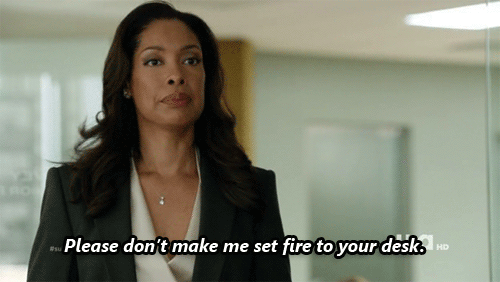 |
| I love yoouuuu. |

